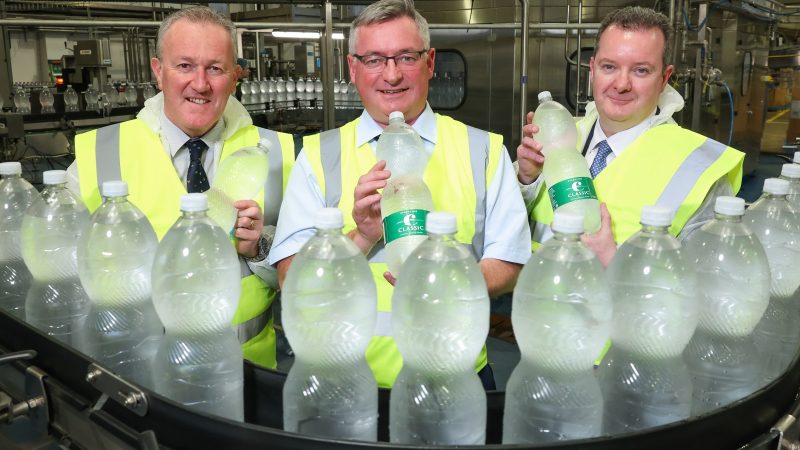Consumers shopping for groceries little and often: Kantar

Northern Irish grocery sales have dipped by 5.4% in the year to 12 June 2022, according to consumer insight company Kantar.
The company says this is linked to people eating fewer meals at home, but also reflects food price inflation.
Emer Healy, senior retail analyst at Kantar, comments: “This is due to people eating fewer meals around the kitchen table as we adapt to life out of lockdown and return to offices, schools, and restaurants. Rising grocery bills are clearly playing on consumers’ minds too, with accelerating inflation now also making its mark on how we shop.
“As shoppers return to pre-pandemic routines, we’re seeing people visit the grocers little and often. Baskets and trollies are getting smaller, with the volume of products purchased per trip declining by 10.4% over the past 12 weeks.
“People are heading out to the shops more frequently though and the number of visits to the supermarket is up 2.8% over the past three months. In another nod to normality, take-home alcohol sales have dropped by 13.7% as people opt to get out of the house and head to their local pub for a drink or two instead. ”
Emer Healy said we are seeing the impact of rising inflation on consumer behaviour, with grocery prices up 4.2% over the past year.
“That’s an increase of 0.6 percentage points from last month, when grocery price inflation stood at 3.6%, and points to the accelerating cost of living crisis in Northern Ireland. People will unsurprisingly be sticking close to those grocers which can offer the most competitive promotions in an effort to manage increasing costs,” she said.
“Sales at all of Northern Ireland’s major retailers have slowed compared with the highs of last year. Lidl performed well this month, it had the softest decline among all the grocers and also increased its share of the market by 0.3 percentage points. Tesco has maintained its position at the top of the table with a 36.0% share. Asda holds 16.2%, while Sainsbury’s accounts for 17.0% of the market this period.”







